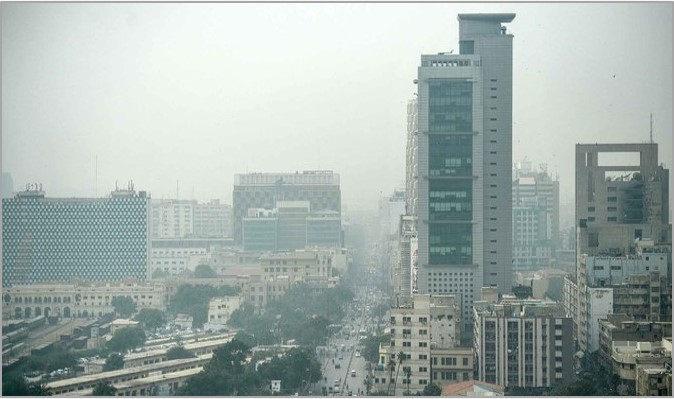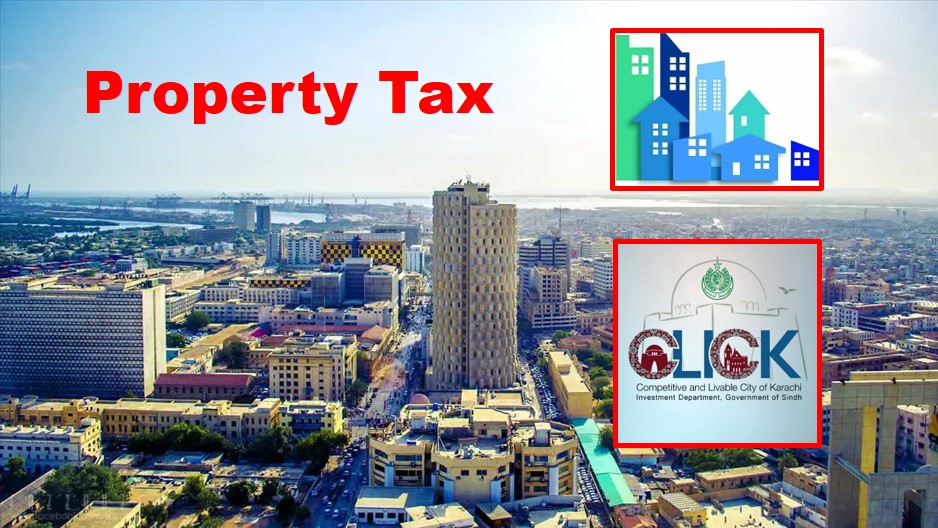In a meeting on July 22, between the Sindh government and World Bank to discuss the Competitive and Livable City of Karachi Project, the later asked for the collection of urban immovable property tax through the local government. The Sindh government informed that the property tax collecting staff, given to the local government department for continuing collection for next two or three years after a property survey in Karachi. However, continuously growing civic problems and deteriorating infrastructure of the city demands to devolve the property taxation subject to the local government much earlier.
Apart from urgent need of local governments’ empowerment to become financially sustainable and effectively governable, it is also legitimately justifiable to move the needle on property taxation to better harness the benefits of urbanization and support inclusive development in the megacity.
Control on Property Taxation
Globally property tax are collected by local governments or cities themselves. However, it is otherwise in Pakistan with Sindh as a blatant example. Under the Urban Immovable Property Tax Act, 1958, it lies in the domain of local governments. But in the name of poor local capacity, its collection was assumed by the provincial governments. Nevertheless, their own capacity turned out to be even worse, besides whatever was collected was never fully transferred to the local governments, whenever they existed.
Under the military regime of Pervez Musharaf the Sindh Local Government Ordinance 2001 devolved major provincial revenue functions including property taxation to the then city governments, yet the exercise still performed by provincial taxation department and finally the Sindh Local Government Act, 2013 gave the collection back to the province in black and white.
Revenue Collection
Currently, the Sindh Excise and Taxation Department is collecting property tax from Karachi, Hyderabad, Sukkur, Mirpurkhas, Shaheed Benazirabad and Larkana and the total collection under this head in the Financial year 2021 stands at Rs1.679 billion, including Rs1.52 billion from Karachi alone. In the last Financial Year the collection from the megacity was Rs 1.72 million from 800,000 property units as disclosed by Chief Minister in an earlier meeting this year. According to him after the survey, the property tax collection would improve upto Rs. 3.63 billion from an estimated two million properties in Karachi.

Competitive and Livable City of Karachi Project
The reason why the provincial government has chosen only Karachi for the property survey is the $240 million World Bank Group-funded Competitive and Livable City of Karachi (CLICK) project, which aims at bringing in radical reforms in the infrastructure of the metropolis with a particular emphasis on increasing efficiency of the local government delivery system. One component of the project is “improvement of urban property tax system”. Under the project, the Sindh government has sought the WB’s assistance to help improve the operational functionality of the Karachi Metropolitan Corporation (KMC), district municipal corporations (DMCs) and District Council Karachi.
The CLICK project includes procurement and development of a robust Urban Immovable Property Tax (UIPT) system to effectively identify and tax urban properties in Karachi and to strengthen the capacity of the excise and taxation department on modernised UIPT collection, including strengthening of human resource through trainings and provision of infrastructure considering long-term sustainability.
According to the Chief Minister Murad Ali Shah the urban immovable property survey would improve the tax base and the geographic information system component would help urban planning authorities to plan and execute sustainable infrastructure. He vowed to devolve the collection of property tax to the KMC and DMCs, and constituted a ministerial committee to work out the devolution mechanism.

Meeting Urbanization’ Need
In addition to paying for infrastructure and services, property tax collection empowers cities’ ability to access municipal debt markets and boost financial resilience amid economic emergencies like COVID-19, urban flooding and heatwave events. A local government’ self-sufficiency lies at the heart of sustainable urban development and achieving SDG 11 on Sustainable Cities and Communities.
Property taxation is the linchpin of Karachi’ own-source revenue. The revenue mobilization potential of property taxes is important because it is driven by urbanization itself. Uncontrolled urbanization and unchecked immigration lead to an increase in land and property values in the metropolitan, which if appropriately captured through property taxation, can provide funding for ongoing urbanization needs.
By
Editorial, Infocus


